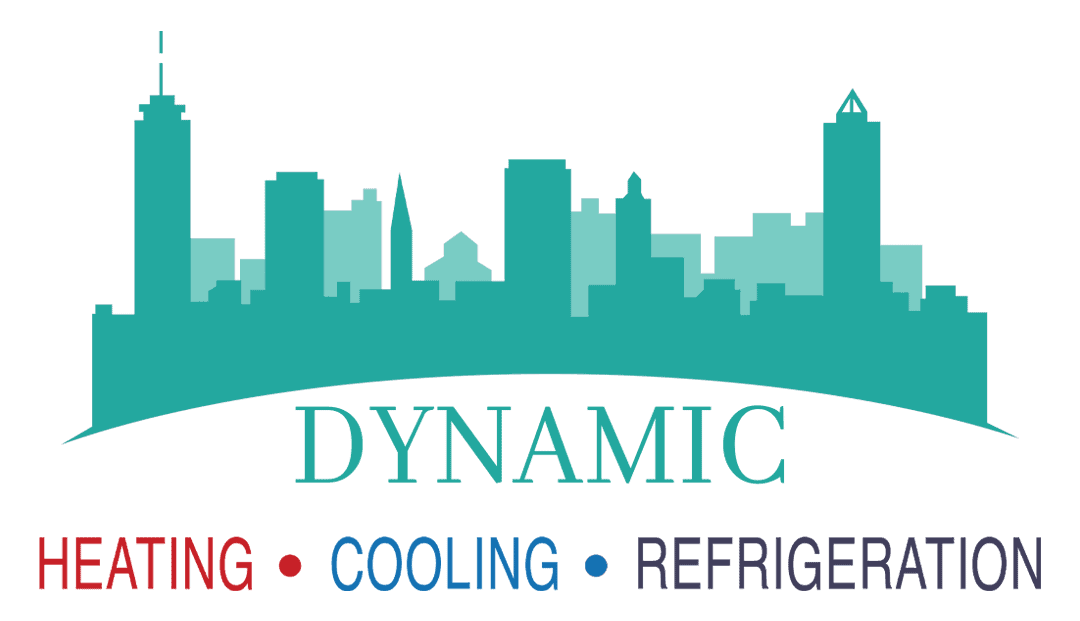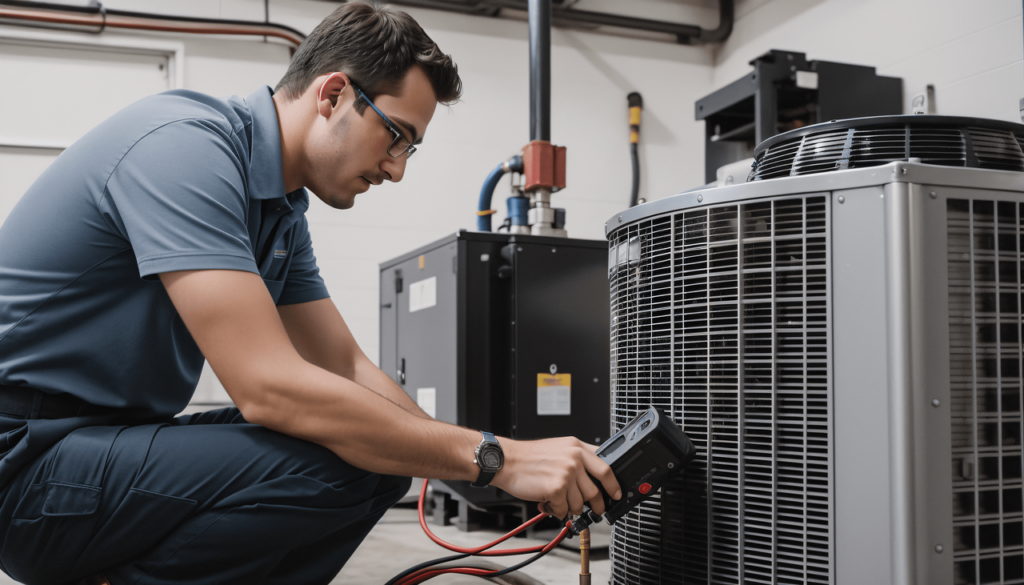Our clients often ask us “How long do heat pumps last?”. When we install heat pumps in your home, you can expect to see an average lifespan of around 15 years. In a country with diverse climate zones ranging from freezing winters to hot summers, these systems stand as indispensable fixtures, offering both cooling and heating solutions.
In this article, we’ll explore the world of heat pumps—discussing their functionality and their role in Canadian homes and understanding why comprehending their lifespan is crucial for homeowners. From their operational mechanisms to the impact of climate variations, we’ll explore how these systems shape comfort and inform decision-making regarding home heating and cooling solutions.
How Do Heat Pumps Work?
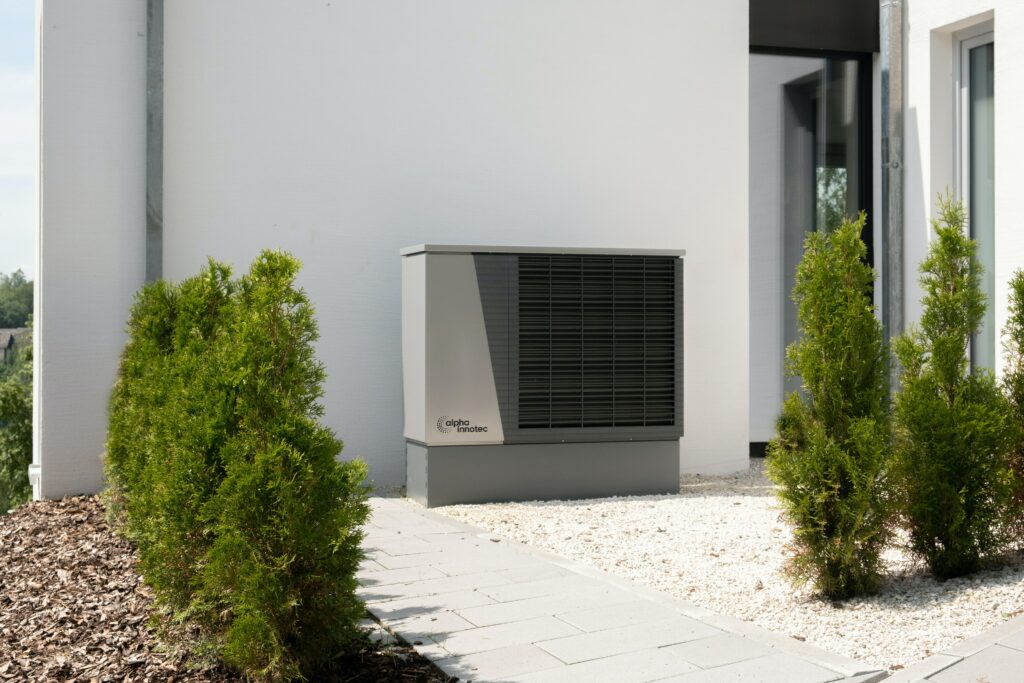
The best heat pumps are highly efficient heating and cooling systems that provide comfort and climate control in residential and commercial spaces. Understanding how they work is crucial to comprehend the factors that influence the life expectancy of heat pump workability and answering the question of “How Long Do Heat Pumps Last?”. Heat pumps operate on the principle of moving heat from one area to another rather than generating heat through combustion or electrical resistance.
Heat Pump Basic Functionality
Overall, heat pumps offer a sustainable, energy-efficient solution for climate control by leveraging the natural heat exchange processes, providing year-round comfort in homes.
Heat Transfer
Heat pumps use refrigerant to absorb and release heat as it circulates through the system. The refrigerant alternates between a liquid and a gaseous state to absorb and release heat energy.
Evaporation and Condensation
The process starts with the refrigerant absorbing heat from the outdoor air (even in cold temperatures) through an outdoor coil. This causes the refrigerant to evaporate into a low-pressure, cold gas.
Compression
The compressor then pressurizes the refrigerant gas, raising its temperature significantly.
Heat Release
The now hot, pressurized gas moves to the indoor coil, where it condenses back into a liquid state, releasing the absorbed heat into the indoor air.
Distribution
The warm air is then distributed throughout the home using a fan system.
Heat Pump Modes of Operation
Heating Mode
During colder weather, the heat pump extracts heat from the outside air and transfers it indoors.
Cooling Mode
In warmer temperatures, the process is reversed. The heat pump removes heat from indoors and releases it outside, cooling the indoor space.
Heat Pump Components
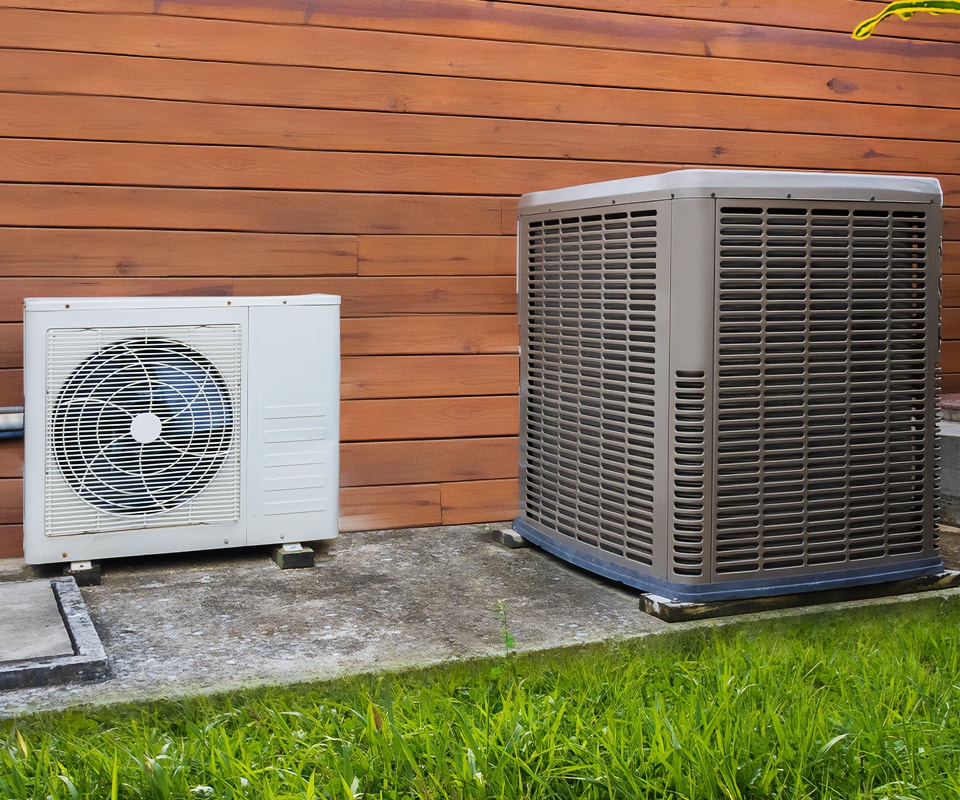
- Outdoor Unit: Contains the compressor and outdoor coil where heat exchange with the outside air occurs.
- Indoor Unit: Includes the indoor coil and a fan to distribute conditioned air inside the house.
- Refrigerant Lines: These lines connect the indoor and outdoor units, transporting the refrigerant between the coils.
Heat Pump Efficiency and Energy Source
Efficiency
Heat pumps are highly efficient as they move heat rather than generate it, making them cost-effective for both heating and cooling.
Energy Source
They can run on electricity and are ideal for moderate climates. However, in extremely cold temperatures, their efficiency might decrease as it becomes more challenging to extract heat from the outdoor air. Proper makes and brands will still be able to reliably heat and cool your home for 15+ years.
Versatility
Heat pumps’ versatility makes them suitable for regions with mild to moderate climates, where they can efficiently provide both heating and cooling functions, eliminating the need for separate systems.
Getting a Heat Pump in Canada
When it comes to getting a heat pump in Canada, there are several factors to consider. First and foremost, it is essential to understand the life expectancy of heat pump systems in order to make an informed decision.
Heat pump life expectancy typically varies depending on various factors such as:
- The brand
- Model
- Usage patterns
- Maintenance practices
One crucial aspect to keep in mind when purchasing a heat pump is its energy efficiency rating. In Canada, where winters can be harsh, and energy costs are significant, investing in an energy-efficient heat pump can lead to substantial long-term savings. Look for models that boast high Seasonal Energy Efficiency Ratio (SEER) ratings and Heating Seasonal Performance Factor (HSPF) values.
Furthermore, to have a concrete answer to the question “How long do heat pumps last in Canada?”, it is advisable to consider the specific climate conditions of your region within Canada. Heat pump performance can be affected by extreme temperatures, so selecting a model that is designed for Canadian weather conditions will ensure optimal performance and longevity.
Additionally, researching reputable HVAC contractors with experience installing heat pumps in Canada is vital. Professional installation plays a significant role in maximizing the lifespan of your heat pump system. For the Greater Toronto Area, consider our team of HVAC experts with excellent customer satisfaction track records and professional technicians.
Our experts will assess your home’s heating requirements accurately, ensuring proper sizing and efficient installation techniques. Regular maintenance also plays a crucial role in prolonging the life expectancy of heat pumps.
Additionally, we recommended scheduling annual maintenance with certified technicians who specialize in heat pumps. We will inspect and clean components such as coils, fans, filters, and refrigerant levels while also checking for any potential issues that could hinder the heat pump life expectancy.
HVAC Maintenance and Its Importance
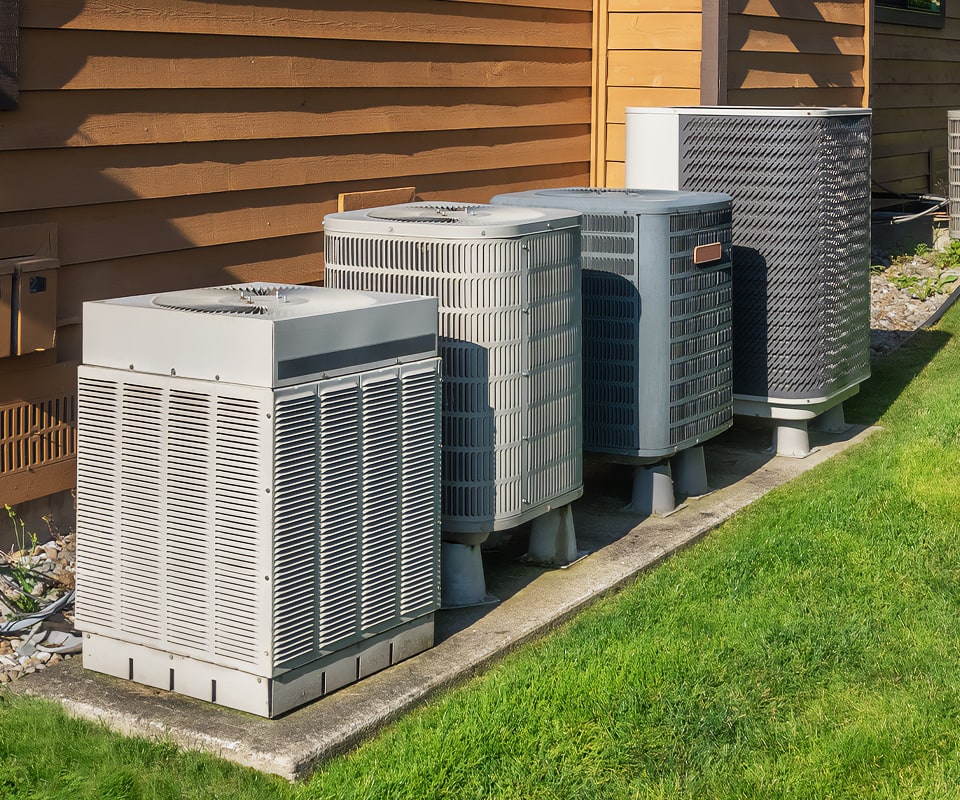
Regular HVAC maintenance plays a crucial role in ensuring the optimal functionality and extended life expectancy of heat pump systems and other HVAC. Here are key maintenance practices applicable to various HVAC systems:
Routine Maintenance
Regular maintenance is pivotal for optimizing the performance and durability of all HVAC systems, offering a positive response to the question “How long do heat pumps last?”.
Air Filter Care
Clean and functional air filters are critical for all HVAC systems. Clogged filters hinder airflow, causing systems to work harder and potentially shortening their lifespan. Inspect monthly, replace every three months, or as per manufacturer’s guidelines.
Professional Inspections
Annual inspections by qualified technicians are vital for all HVAC systems. Technicians thoroughly examine and clean components like refrigerant levels, electrical connections, coils, and fans.
Outdoor Unit Maintenance
Ensure unobstructed airflow around outdoor units of various HVAC systems. Remove obstructions such as vegetation or debris that could hinder their performance. Regularly clean outdoor coils using a soft brush or low-pressure water spray.
Benefits of Maintenance
Consistent HVAC upkeep not only extends system life but also enhances energy efficiency across all systems. Improved efficiency leads to substantial cost savings through reduced utility bills. Regular maintenance helps identify potential issues before they become significant problems, ensuring uninterrupted comfort and functionality.
How Long Does a Heat Pump Last in Canada?
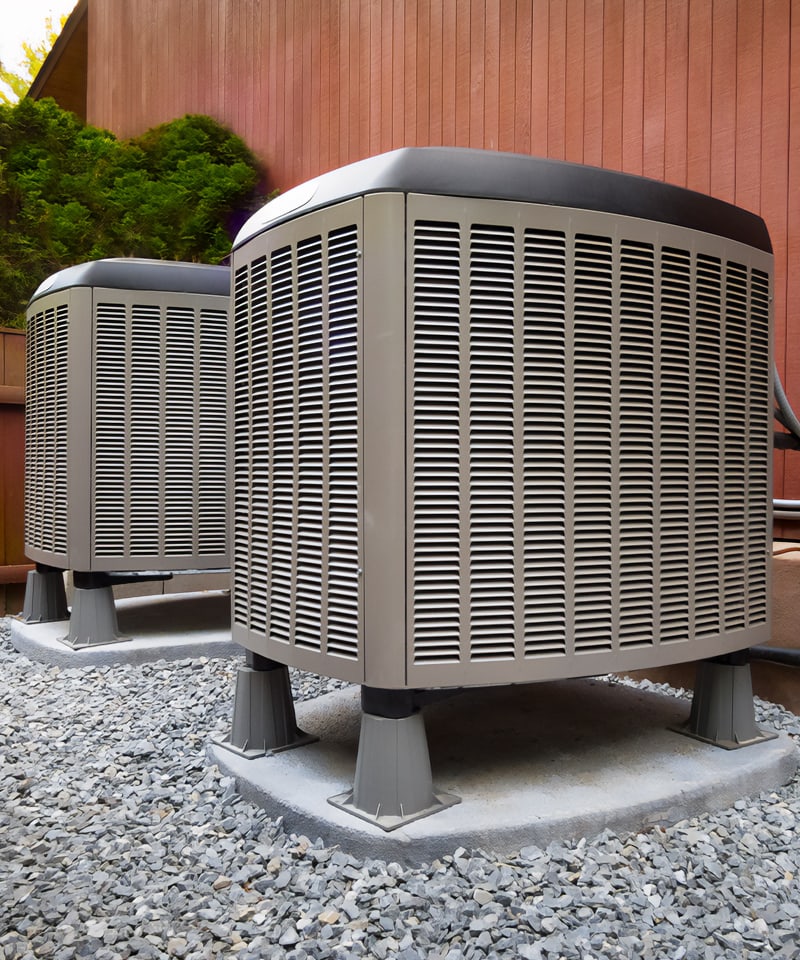
When it comes to the life expectancy of heat pump systems in Canada, there are several aspects to keep in mind. Considering this collectively empowers homeowners to make informed decisions about heat pump maintenance. Understanding this helps ensure prolonged benefits without encountering unnecessary repair costs or premature replacements.
Installation Impact
Proper installation significantly influences the lifespan of heat pump systems in Canada. Poor installation can lead to inefficiency, increased wear, and potential breakdowns. Hiring a specialized HVAC technician for installation is crucial.
Maintenance Matters
Routine and meticulous maintenance is essential for maximizing the heat pump lifespan. Regular inspections, cleaning, and servicing ensure optimal performance and prevent potential issues. Tasks like checking refrigerant levels, filter maintenance, and system evaluation are key.
Environmental Influence
Canada’s diverse climate, especially harsh winters, significantly impacts heat pump longevity. Continuous heating and cooling cycles stress components like compressors and fans. The system’s endurance in these conditions affects its overall lifespan. The key is finding the right heat pump model for your region.
Impact of Usage
Homeowners’ thermostat behaviour plays a role in the answer to the important question, “How long do heat pumps last?”. Constantly fluctuating temperatures or extreme settings strain the system, potentially shortening its lifespan. Balanced usage contributes to prolonged efficiency and durability.
How Long Do Heat Pumps Last Compared to Other Systems?
When considering the lifespan of a heat pump, it is important to gain perspective by comparing it to other HVAC systems commonly found in Canadian households. This allows us to understand the true life expectancy of a heat pump and make informed decisions when choosing the right heating and cooling solution for our homes.
How Long Do Air Conditioners Last in Canada?
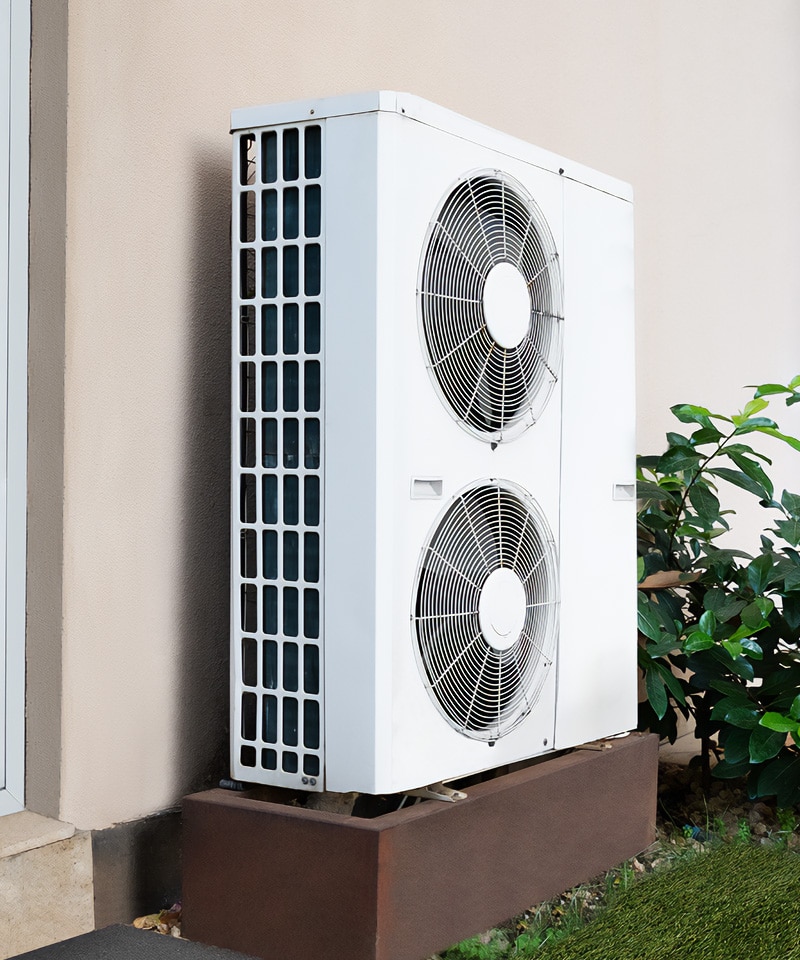
Several factors influence the longevity of an air conditioning unit, including usage patterns, maintenance practices, and the quality of the equipment. On average, the life expectancy of an air conditioner can range from 10 to 15 years in Canada.
This estimation takes into account various variables such as climate conditions, usage intensity during summer months, and regular AC life long maintenance. With proper care and regular servicing by certified professionals like those at Dynamic Heating and Cooling, homeowners can extend the lifespan of their air conditioning units.
It is important to note that neglecting HVAC maintenance can significantly reduce AC life expectancy, providing a negative response to questions like “How long do air conditioners last in Canada?”. Without regular inspections and cleaning of coils, filters, and other components prone to dust accumulation or wear over time due to continuous operation during hot seasons, the efficiency of the unit may decrease rapidly.
AC repairs are common practice due to home and business owners’ negligence when it comes to maintenance. Additionally, refrigerant leaks or electrical issues left unaddressed can lead to more significant problems down the line.
Comparatively speaking to furnaces or heat pumps that provide year-round climate control solutions by heating in winter and cooling in summer respectively, a standalone air conditioning unit has a relatively shorter operational period each year due to seasonal requirements; hence its life expectancy may vary when compared with heat pumps or furnaces.
How Long Do Furnaces Last in Canada?
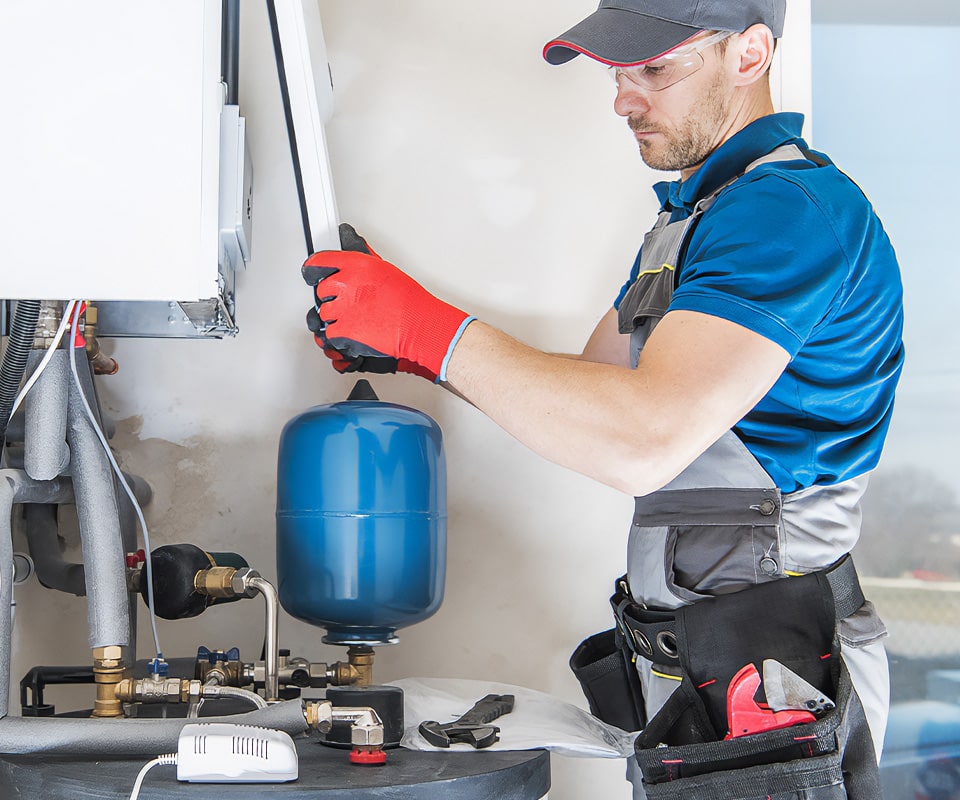
Furnaces play a significant role in keeping our homes warm during harsh winters, and understanding their longevity is essential for homeowners seeking reliable heating solutions. In Canada, the life expectancy of a furnace can vary depending on several factors.
With proper furnace maintenance, a well-maintained furnace can last anywhere from 15 to 20 years or even longer. Regular maintenance ensures that all components are functioning optimally and helps identify potential issues before they escalate into major problems.
However, the lifespan of a furnace can be significantly affected by neglect or lack of proper care. Without regular maintenance, the performance and efficiency of the furnace may decline over time, leading to more frequent breakdowns and furnace repairs.
Consequently, the average lifespan of an unmaintained furnace might decrease to around 10 to 15 years. Similar to heat pumps and air conditioners, furnaces benefit greatly from routine service checks performed by qualified HVAC professionals.
Get Reliable HVAC Services in Hamilton

At Dynamic Heating and Cooling, we take pride in offering reliable HVAC services that cater to the diverse needs of customers in Canada. With our team of highly trained technicians, they provide unparalleled expertise in the installation, maintenance, and repair of heat pumps. Understanding the importance of a properly functioning heat pump to maintain optimal indoor comfort, we ensure that our technicians stay updated with the latest industry advancements and best practices.
Our team provides reliable HVAC services driven by our commitment to customer satisfaction. Whether it be installing new heat pumps or providing expert maintenance on existing systems like air conditioners to increase AC life expectancy, our team possesses vast knowledge to answer questions such as “How long do heat pumps last in Canada?” or “How long do furnaces last in Canada?”.
Contact Us Today to Get a Long-Lasting Heat Pump
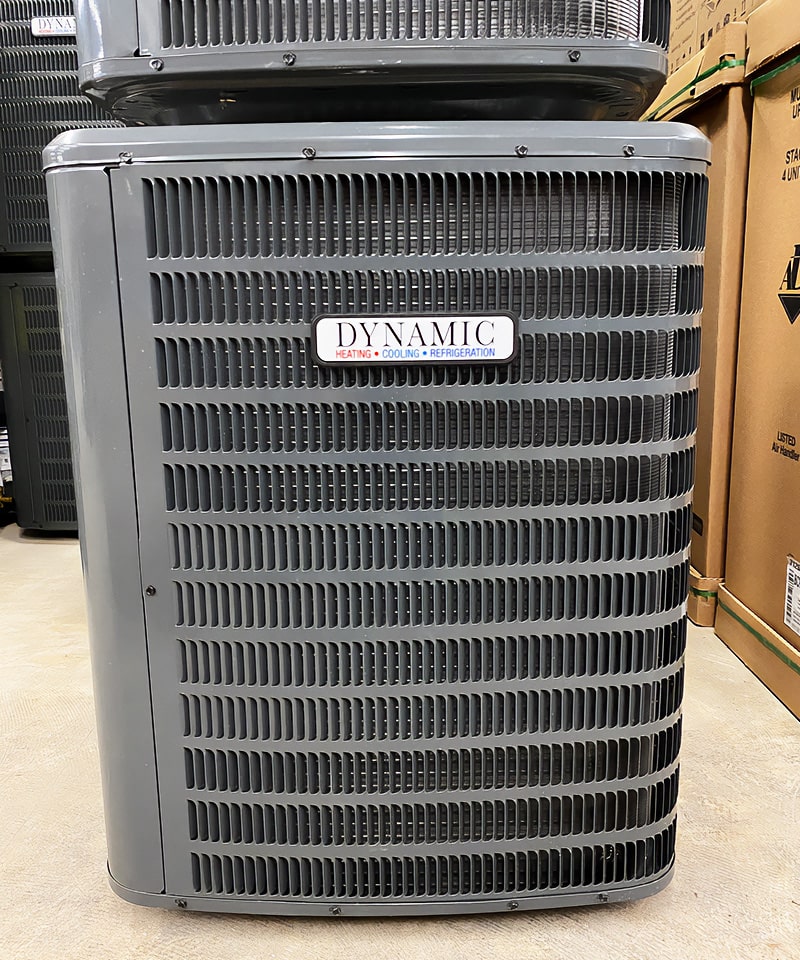
After exploring the intricacies of heat pumps and their longevity, it is evident that these systems are durable and long-lasting. When properly maintained with regular HVAC services, such as professional inspections, cleaning, and timely repairs, a heat pump can have a remarkable life expectancy. We hope that after reading this article, you have all the answers to your question “How long does a heat pump last?”.
This extended lifespan is due to the fact that heat pumps don’t solely rely on combustion processes like furnaces. Heat pumps don’t face the wear and tear associated with traditional air conditioning units. Moreover, with advancements in technology and energy-efficiency standards, newer models of heat pumps are designed to operate more efficiently and last longer.
Contact us today to schedule an appointment or consultation so we can help you maintain a healthy heat pump system that will keep your home comfortable for many fruitful years ahead.
If you want to learn more about heat pump maintenance and other HVAC services for your home or business, check out our blog with weekly updates, tips, and tricks.
